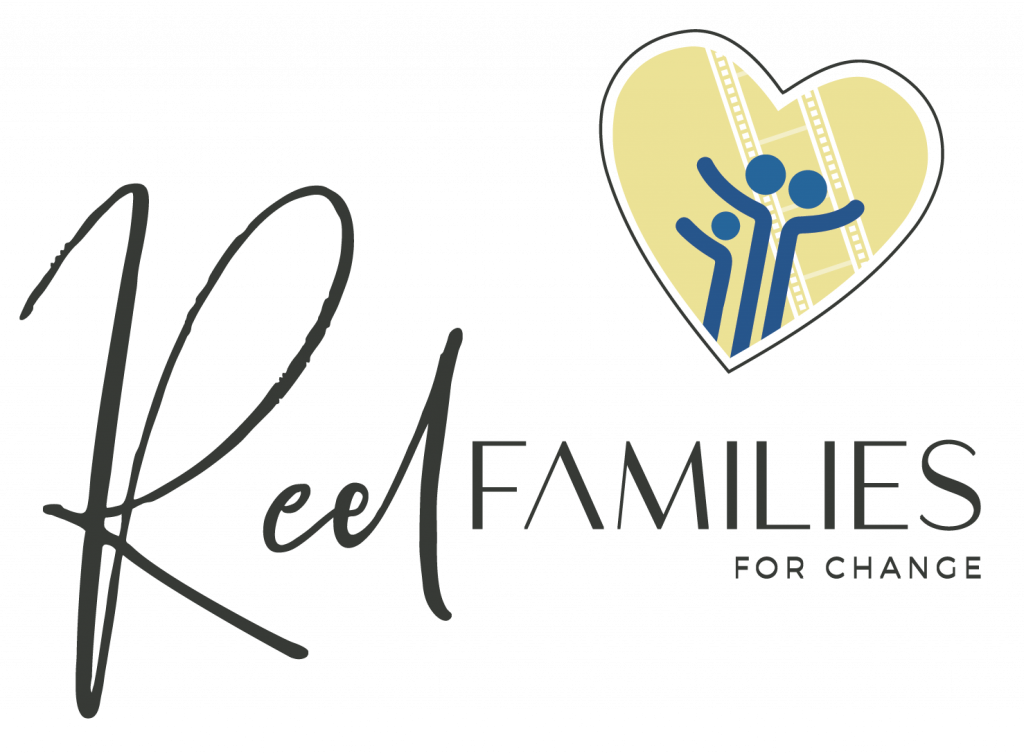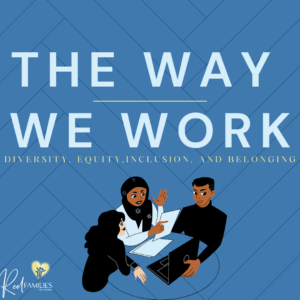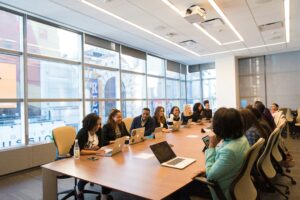The way we work - part 2
A look at why validating and legitimizing screen work
is the first step toward improving worker conditions.
Written by Sarah Lutot
Diversity, Equity, Inclusion, and Belonging (DEIB) have become hot topics throughout the workplace no matter the industry or sector. However, where DEIB often gets it wrong is looking at the symptoms and not the systems that cause the problems. Increasing the number of diverse employees isn’t going to magically make things better. In order to see real change, we have to improve working conditions.
Often, DEIB programs are introduced at the surface level so that an organization or company can appear to be open and accepting, yet they lack the depth to get down to the root causes of the issues. These programs are introduced with the intent of assimilating diverse employees to fit them into the current, broken workplace structure rather than adapting the workplace to be sustainable and deliberately suitable for diverse employees. The more people brought into the broken industry and ask to assimilate, the more people we harm and thereby traumatize out of the industry. According to yearly studies done by UCLA, despite the increased numbers of diverse employees hired, only about 8-12% of those diverse employees are advancing beyond middle management positions and into decision-making roles. We don’t need band-aid solutions, we need complete and conscious changes to the industry itself.
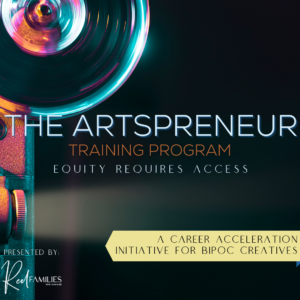
At Reel Families for Change, we aim to #CreateBetter, #CreateReponsibly, and #FirstDoNoHarm. Our training and consulting services help media production companies to identify their unique operation style centered on intentionality, inclusivity, transformative policy, and sustainable growth in their work culture. We are committed to identifying and resolving root causes.
Actively listening to and learning from screenworkers – past, present, and future – helps us understand what it takes to build a better production ecosystem and improve the way we work. We want industry-wide prevention of marginalization in the workplace and beyond rather than shallow, ineffective, redundant quick fixes. Understanding the source of these issues is crucial to creating meaningful, effective, lasting interventions.
DEIB is not an obstacle for companies to tackle but an opportunity to create new norms that make for better workplace culture. Our adoption of universal design theory aids us in the creation of solutions that intentionally support traditionally marginalized and excluded populations. Historically, such integrations of equitable solutions have positively impacted the greater whole, including those who may not yet need such support but could down the line.
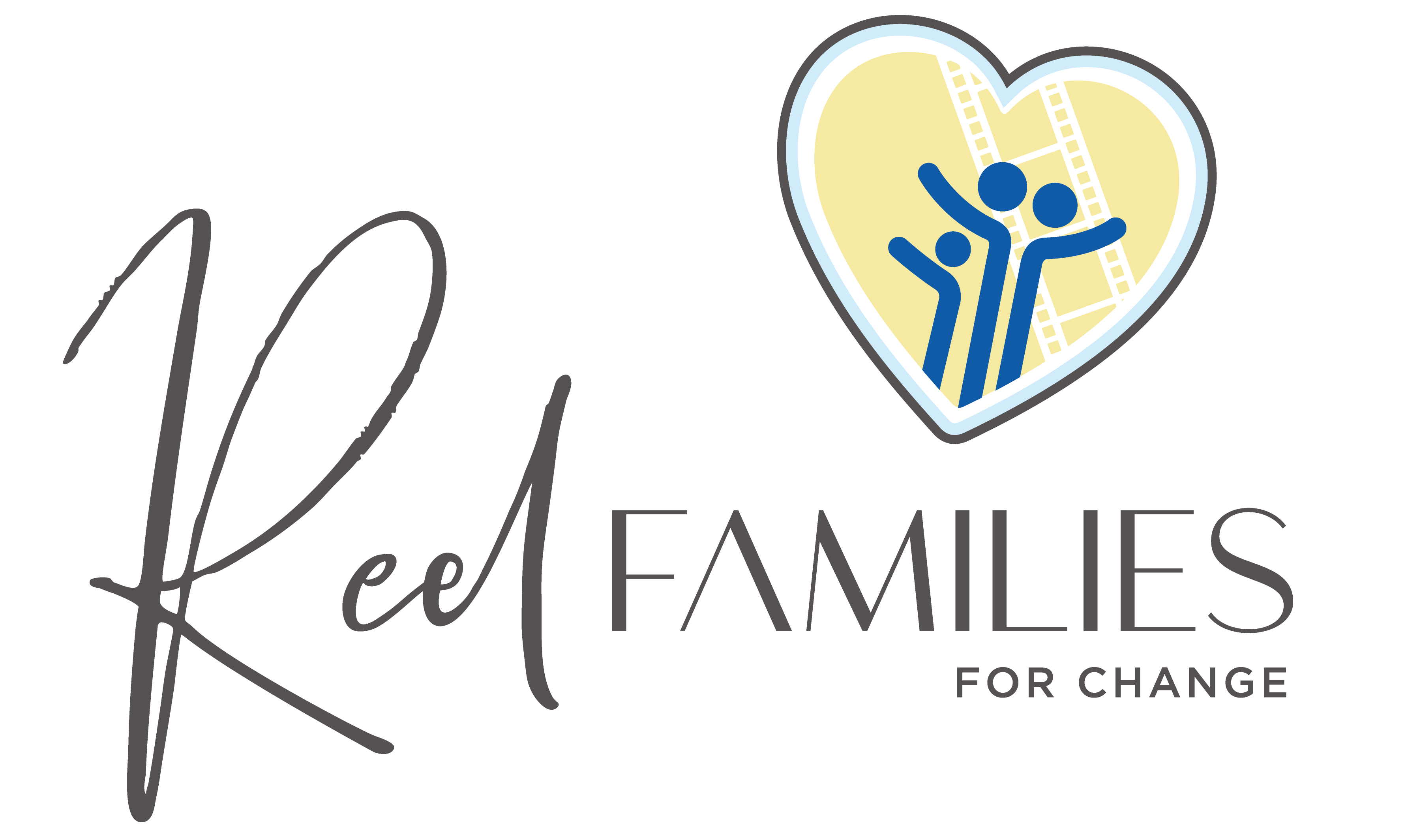
For instance, family-friendly working hours supports reasonable rest periods for everyone; which adequate rest has been proven to improve cognitive function, boost productivity, and increase workplace safety conditions. Likewise, less time at work affords individuals more personal time to engage in things they enjoy, which some studies suggest have direct correlations to higher morale… and revenue.
At the end of the day — preferably a ten-hour one — giving people access to the equitable resources and supportive work environments that they need to succeed increases equity, morale, profit, and worker longevity in the screen industry.
Are you a media-maker ready to take action
around more equitable production practices?
Are you an agency or firm seeking clients who work well and do good?
Let’s connect. Email us at partnerships@reelfamilies.org.
